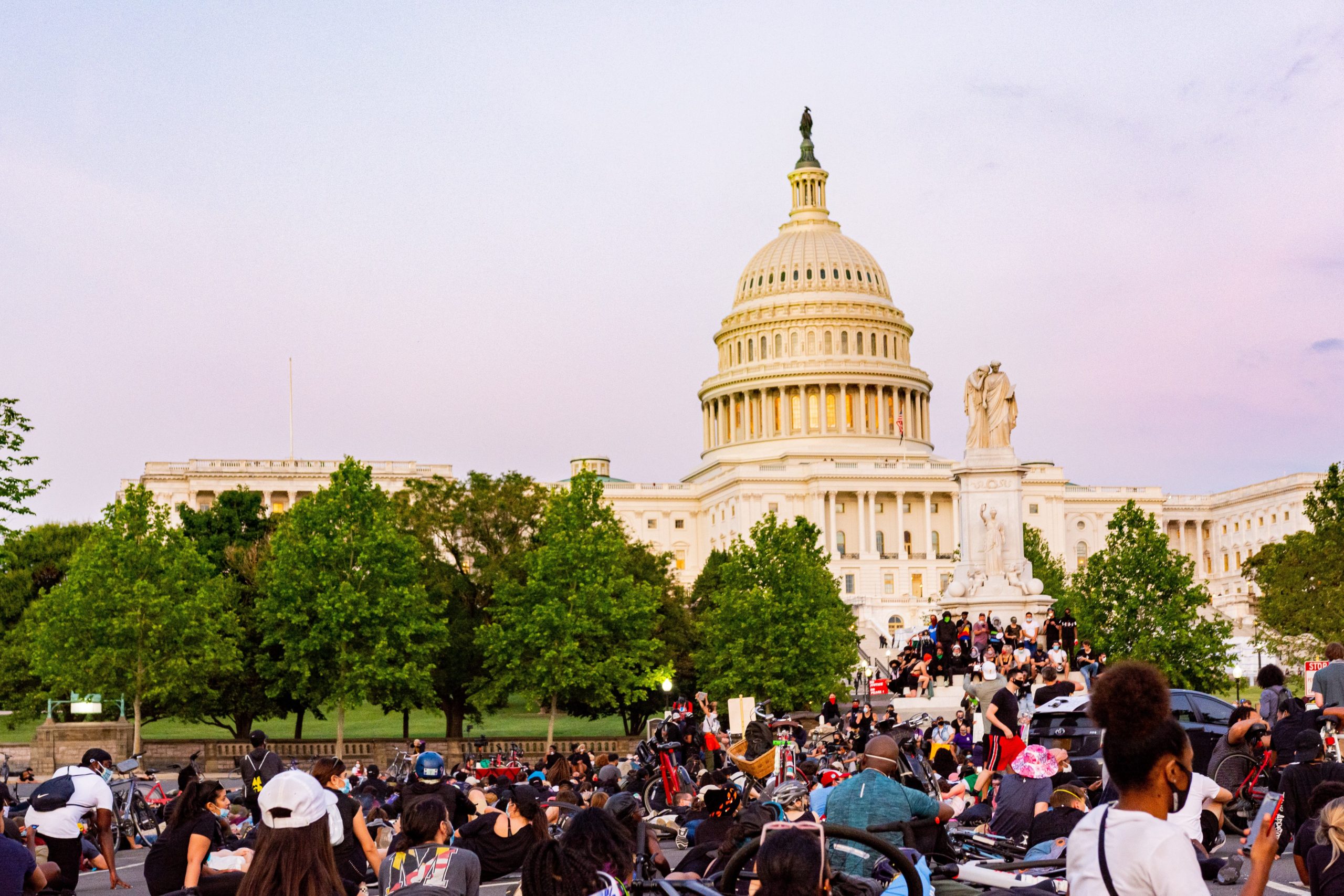

First, let’s start with what equity is. Equity is the quality of being fair and impartial. Social equity is impartiality, fairness and justice for all people in social policy. Social equity takes into account systemic inequalities to ensure everyone in a community has access to the same opportunities and outcomes. Equity of all kinds acknowledges that inequalities exist and works to eliminate them.
Social equity is, as defined by the National Academy of Public Administration, “the fair, just and equitable management of all institutions serving the public directly or by contract; and the fair and equitable distribution of public services, and implementation of public policy; and the commitment to promote fairness, justice and equity in the formation of public policy.”
Social policy, and social equity within it, can include a variety of public contexts. This includes but is not limited to education, policing, welfare, housing and transportation. Planning for social equity means recognizing planning practices that have had a disparate impact on certain communities and actively working with affected residents to create better communities for all, so that every community member can thrive.
According to American Planning Association, social equity “must be informed by local planning history, the equity landscape and the input of diverse stakeholders” in order to be impactful and successful. The organization goes further to explain: “Planning for social equity means recognizing planning practices that have had a disparate impact on certain communities and actively working with affected residents to create better communities for all,” and that three major issues related to social equity include “gentrification, environment justice and community engagement and empowerment.”
The term equity refers to fairness and justice. The term equality refers to equal opportunity, equal access, equal treatment, equal sharing and division of resources, keeping everyone at the same level regardless of the tools they already do or don’t have access to. Social equity recognizes that each person has different circumstances and allocates the exact resources and opportunities needed to reach an equal outcome. Social equality means each individual or group of people is given the same resources or opportunities. For a more in-depth discussion on the very important differences between equity and equality, click here.
Let’s dive deeper into what social equity looks like in real-life situations:
Are you ready to join the equity movement? Here at United Way of the National Capital Area, we are dedicated to our equity work, improving the health, education and economic opportunity of all community members in the National Capital Area regardless of race, gender, income, ability or zip code.
Join the movement! Get involved with us by giving, advocating and volunteering. You can also learn more about racial equity by signing up for our 21 Day Race Equity Journey. And, don’t forget to join in on the conversation with us on Facebook, Instagram, LinkedIn and Twitter. You can also stay up to date on all things United Way NCA by subscribing to our quarterly newsletter, Community Matters.
For more information on United Way NCA and our equity work, visit unitedwaynca.org.
United Way of the National Capital Area improves the health, education and economic opportunity of every person in the National Capital community. United Way NCA has been improving lives by creating measurable impact in the District of Columbia, Northern Virginia, and Montgomery and Prince George’s counties for more than 45 years. In 2020, United Way NCA was among 384 organizations across the United States to receive a generous transformational investment from novelist and venture philanthropist, MacKenzie Scott. For more information about United Way of the National Capital Area, visit UnitedWayNCA.org.